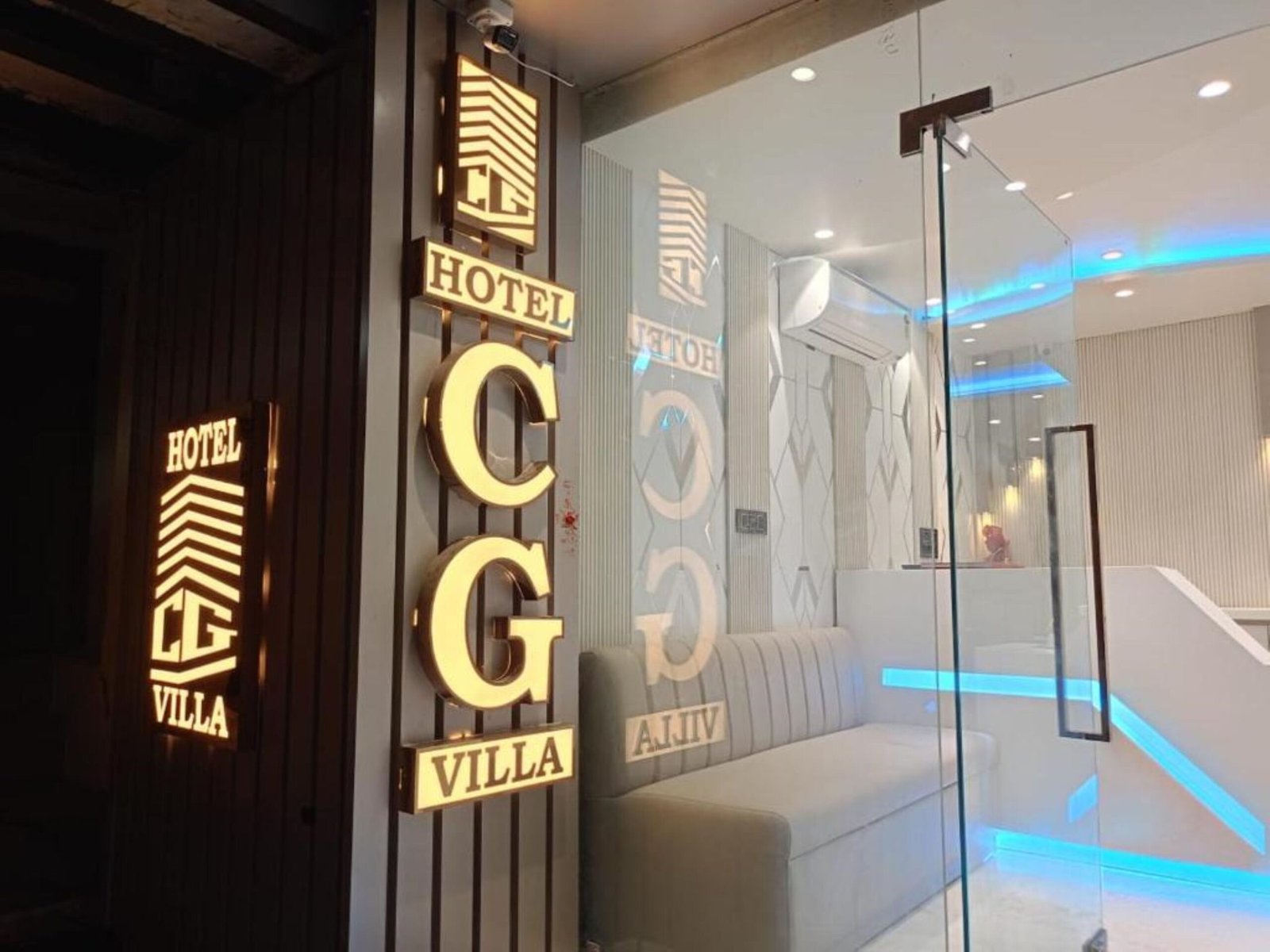Tourist Scam Alert Series #2: Fake Police Officers
How to identify authentic law enforcement personnel
Picture this: You’re strolling through a market in Barcelona when someone flashes a badge and demands to see your passport. Is this a real cop or someone hoping you’ll hand over your valuables?
Real police officers typically have:
- Complete, consistent uniforms (not just a hat or badge)
- Official ID cards with photos and badge numbers
- Proper police vehicles nearby (in vehicle checks)
- Professional demeanor (they don’t seem nervous or pushy)
The dead giveaway? Authentic officers rarely approach tourists randomly unless there’s an actual incident. If someone’s singling you out while you’re doing nothing suspicious, your alarm bells should ring.
In tourist areas, legitimate police often patrol in pairs or groups. Solo “officers” approaching you in secluded areas? Major red flag.
What legitimate police can and cannot legally request from tourists
Here’s what cops around the world can generally ask for:
- Identification (passport or ID card)
- Travel documentation
- Vehicle registration (if you’re driving)
What they CANNOT legally do:
- Demand on-the-spot cash fines
- Ask for your PIN codes or passwords
- Request to hold your passport indefinitely
- Search you without reasonable cause
- Take you to an ATM
The cash fine trick is the oldest in the book. Real officers provide official tickets with government letterheads and payment instructions – not demands for immediate payment.
Step-by-step response plan when approached by suspected fake officers
When someone claiming to be police approaches you:
- Stay calm but alert. Don’t panic or run.
- Request identification. A legitimate officer won’t be offended.
- Ask why you’re being stopped specifically.
- Offer to verify their identity by calling the local police station.
- If in doubt, suggest moving to a public area like a police station.
- Never hand over your original passport – a photocopy works for most street checks.
- If they insist on payment, request an official ticket.
- Trust your gut – if something feels off, it probably is.
Remember: Real officers understand tourist concerns about scams and won’t be upset by reasonable verification requests.
Emergency numbers to call in major tourist destinations
| Country/City | Police Emergency | Tourist Police (if available) |
|---|---|---|
| France | 17 | +33 1 4240 2052 (Paris) |
| Italy | 113 | +39 06 4686 3004 (Rome) |
| Spain | 091 | +34 902 102 112 |
| Thailand | 191 | 1155 |
| Mexico | 911 | 078 |
| Egypt | 122 | 126 |
| Turkey | 155 | +90 212 527 4503 (Istanbul) |
Save these numbers in your phone before traveling. When in doubt, dial the general emergency number (usually displayed prominently in tourist areas).
Recent examples of this scam in action
This scam isn’t ancient history – it’s happening right now.
In Prague (2024), tourists reported men in partial police uniforms demanding to “check currencies” for counterfeit bills, only to swap real money with fakes.
Barcelona saw a ring of fake officers busted in April 2025 after targeting Asian tourists near La Sagrada Familia, claiming to check for “illegal currency.”
In Istanbul, scammers posing as plainclothes officers have been targeting solo travelers near Sultanahmet Square, claiming routine “drug checks” before stealing wallets.
The latest twist? Fake officers working with taxi drivers in Bangkok, where the driver “accidentally” takes tourists to illegal areas, followed by an accomplice posing as police demanding fines.
Knowledge is your best defense. These scammers count on tourist ignorance and panic – don’t give them the satisfaction.



